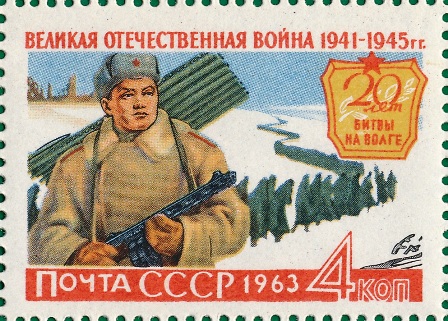In today's #vatnik soup I'll discuss Russia's disinformation and propaganda campaigning in more detail, and go through four of the main "big" themes around which most of their propaganda is based on.
1/13
1/13

The first theme is historical revisionism. Russia LOVES to distort historical narratives so that they favor themselves. They have conveniently "forgotten" the Molotov-Ribbentrop Pact of 1939 between the USSR and Nazi Germany,and Putin even published a refurbished version... 2/13 

...which blamed other countries for WW2. Even though the US reinforcements played a huge part in the downfall of Hitler, Russians love to portray themselves as the heroes who beat the evil Nazis. They even have another name for WW2 (during 1941-1945): The Great Patriotic War.3/13 

They also tend to forget the Gulags and Holodomor when asked about these events. Russia also likes to perform brainwashing around the newly invaded areas: in Ukraine, they paid big money for Russian school teachers to teach the "real" history to the Ukrainians.
4/13

4/13


The 2nd theme is "Russia is the victim". In Russian propaganda, they never are at fault or make mistakes. especially when talking about "Tsar" Putin. When Russia invades another country, they are actually "defending" a Russian minority inside that country.
5/13

5/13


When the West is aiding Ukraine or ordering sanctions on Russian kleptocrats, they are "waging war" against Russia because they are "Russophobes". After 2014, they've accused anyone criticizing Russian actions of russophobia, ...
6/13

6/13


... a made up propaganda word that's been spread through their disinformation channels. The word is mostly used in Russia and in Serbia, Russia's close ally.
7/13
7/13
The 3rd theme is "the decadent West". Russian propaganda loves to talk about the collapse of the West due to their straying away from "traditional values" such as family, religion and monoculture. It's an old trope, going back to 19th century, but it's still
utilized a lot.
8/13
utilized a lot.
8/13
Ironically, Russia's "religious leader" patriarch Kirill is actually an old KGB agent, their divorce rates are one of the highest in the world and they're at the top of the charts in prevalence of AIDS, alcohol consumption and drug use statistics.
9/13


9/13



The 4th theme is the "CIA/US sponsors revolutions around the world". This is a very complex one, and it's mostly spread by the "intellectual type". If there's a democratic movement somewhere around the world and it's not in Russia's geopolitical interests, they claim that...10/13 





... it's being funded by the US.They often accuse civil society & human rights organizations such as the White Helmets being corrupt. It's an imperialistic attitude where the folk in these countries don't have any agency or independent aspirations to advocate for themselves.11/13 

They also blame anyone who debunks their criminal activities as funded by foreign actors. For example, Kremlin mouthpiece and propaganda mill Grayzone (@TheGrayzoneNews) often blames investigative journalism group Bellingcat (@bellingcat) ...
12/13
12/13

... for being funded by the CIA, trying to undermine all the great work they've done.
Russian info ops:
The Grayzone:
13/13
Russian info ops:
https://twitter.com/P_Kallioniemi/status/1600752100966662144
The Grayzone:
https://twitter.com/P_Kallioniemi/status/1609560497384308736
13/13
• • •
Missing some Tweet in this thread? You can try to
force a refresh

































